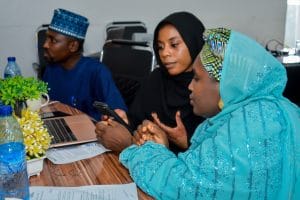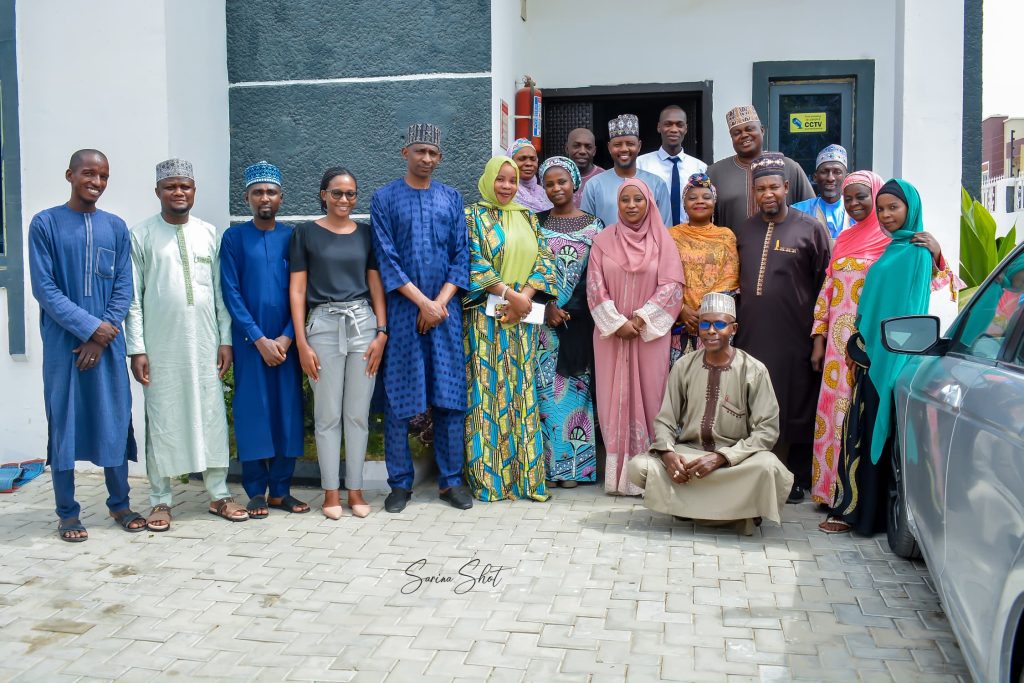Khadijah Aliyu
A stakeholder engagement on Family Planning (FP) and Maternal, Newborn, and Child Health (MNCH) financing convened in Kano State.
The meeting attracted key actors from civil society organizations, government agencies, and the media.
The event, organized by the Africa Health Budget Network (AHBN) in collaboration with SAMASHA, focused on validating budget data and enhancing accountability in health sector funding.
Medical Experts Advocate Prioritizing MNCH Lifesaving Interventions
In his opening remarks, Kano State focal person for AHBN, Dr. Musa Bello outlined the objectives of the meeting, which includes, validating the accuracy of FP and MNCH budget data in Kano State.

Deepening understanding of the Sector Wide Approach (SWAp) for coordinating government and donor investments, evaluating the effectiveness of the Basic Health Care Provision Fund (BHCPF).
“And Identifying key advocacy needs to improve budget performance, promote accountability, and sustain investments in FP and MNCH interventions”
Gift Akampurira, representing SAMASHA, introduced the Motion Tracker a civil society-led tool designed to translate commitments into measurable impacts.


She emphasized its role in enhancing accountability for women’s health,increasing awareness and participation in FP and MNCH efforts.
WHD: CHR Calls for Full Implementation of Kano State FMNCH Law
Others are strengthening the capacity of local CSOs and aligning them with global and regional initiatives as well as improving learning among coalitions and CSO champions
However,, Advocacy and Accountability Specialist at AHBN, Comrade Akibu Hamisu delivered a presentation titled “Family Planning and Maternal Health Budget: Allocation, Releases, and Advocacy Issues.”
He noted that Kano State has progressively increased its health sector allocation and is now meeting the 15% benchmark set by the Abuja Declaration.
During an interactive session led by Amina Haladu and Comrade Salisu Yusuf, secretary general Kano civil society forum, participants shared experiences and concerns related to MNCH funding.

As a key resolution, some stakeholders were assigned follow-up responsibilities to address issues identified during the health budget analysis.
The engagement marked a significant step toward improving accountability, collaboration, and investment in family planning and maternal health in Kano State.





